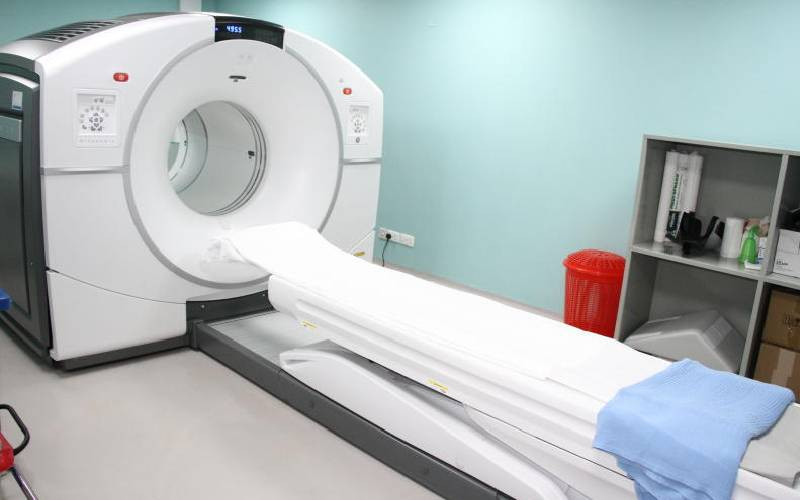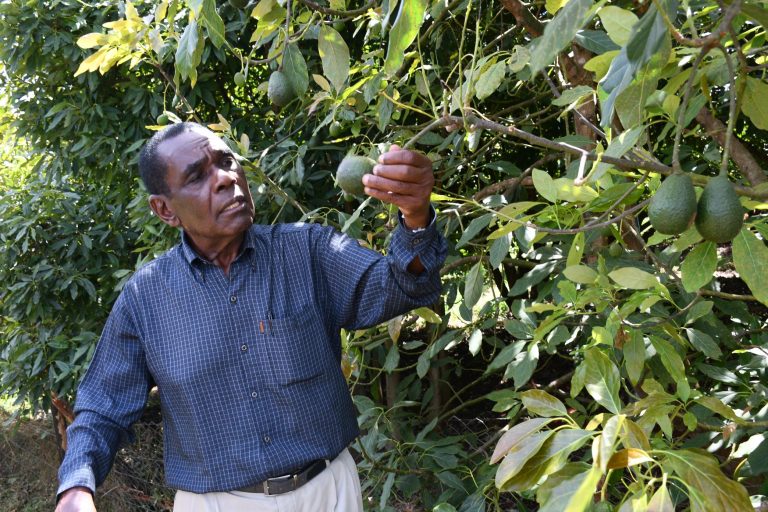The rising cancer burden in Kenya has exposed critical gaps in the accessibility and affordability of cancer care. With the launch of the Social Health Authority (SHA) Fund – that has replaced the National Health Insurance Fund (NHIF) – there is hope that universal health coverage (UHC) will finally address these longstanding challenges. Yet, questions remain about how effectively the new scheme will serve the growing population of cancer patients.
Kenya records an estimated 47,000 new cancer cases and over 32,000 related deaths each year. Many of these outcomes stem from late diagnoses, limited treatment options, and prohibitively high costs.
Most families shoulder these expenses out of pocket, often pushing them into financial turmoil. Although the government has taken steps to decentralise cancer treatment, access and affordability remain major hurdles, especially for low-income households.
If implemented effectively, the SHA Fund could be transformative. One major area of impact would be early screening and diagnosis. Today, most patients discover their conditions at advanced stages when treatment is less effective and more expensive. By financing nationwide screening and integrating cancer checks into primary care, the SHA Fund could drastically improve early detection rates, ultimately reducing mortality.
Beyond early detection, treatment costs pose a formidable barrier. Cancer management involves a range of services – diagnostics, chemotherapy, radiotherapy, surgery, and palliative care – each carrying significant expense. The SHA Fund must extend its coverage to include these services, alleviating the financial load on patients and minimising delays caused by funding gaps.
Oncology centres
Equally important is the decentralisation of cancer care. Urban centres currently house most specialised facilities, forcing rural patients to travel long distances for treatment. By investing in regional oncology centres and equipping county hospitals, SHA can help bring quality care closer to underserved communities.
The role of public-private partnerships cannot be overstated. The high cost of cancer drugs and equipment could be mitigated through collaborations with private providers, pharmaceutical firms, and international organisations. Strategic partnerships could lead to bulk purchasing, negotiated pricing, and technology sharing – all key to reducing costs.
Lastly, palliative and supportive care, though often overlooked, is essential. Many patients require ongoing support to maintain dignity and quality of life. SHA should ensure these services are integrated into mainstream care, reinforcing a holistic approach to cancer management.
However, the potential of the SHA Fund hinges on strong governance, sustainability, and transparent execution. Cancer care must be clearly prioritised within the fund’s framework to prevent service gaps.
Cancer is not just a medical condition; it is a profound social and economic challenge.
By Fred Omondi Kokeyo












